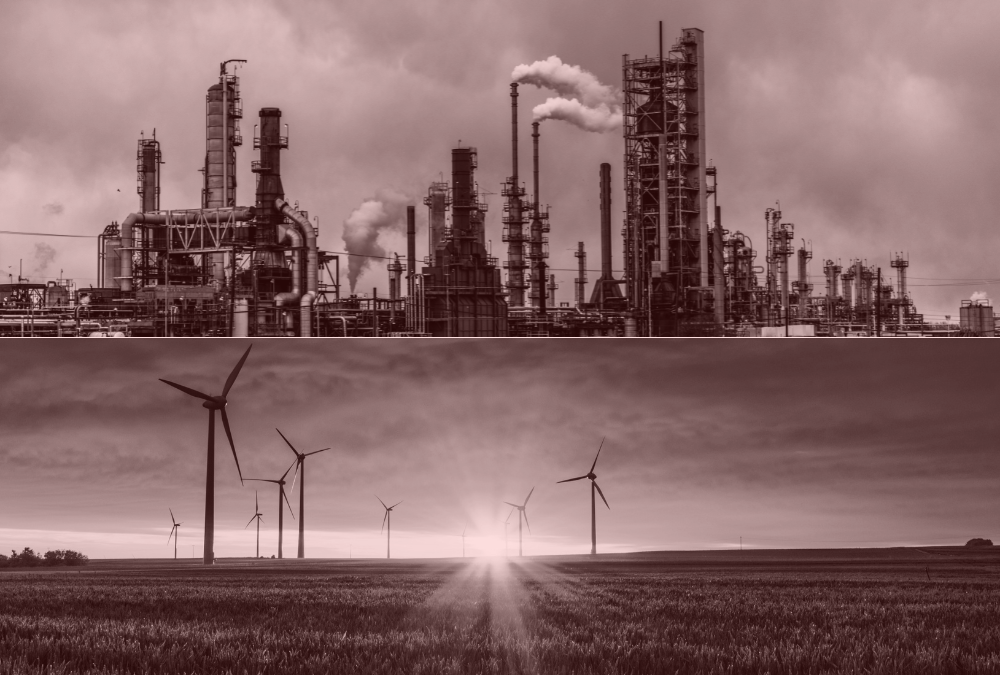Let me start by anticipating what seems to be dwindling interest in climate change related news items by pointing out that the aim of this coverage isn’t to just harp on about the doom and gloom of the problems we’re currently facing.
The last few days of COP28 have been chaotic, and this certainly didn’t help with the prospect of finding an optimistic lens with which to focus on ongoing events.
The president of the summit, Sultan Al Jaber, has been busy backpedaling after The Guardian published a video in which he was clearly seen expressing disdain for the reams of scientific evidence which proves that fossil fuels must be phased out permanently. Today, we learned that there at least 2,456 people attending COP28 who are affiliated with the fossil fuel industry. This amounts to one out of every 30 individuals present. Al Jaber must feel right at home.
In spite of this outlandish scenario in which the most important climate change summit of the year is being effectively held hostage by the fossil fuel industry, seeds of hope and resistance have been sown, largely through the will of activists who are constantly placing a palpable amount of pressure on delegates to deliver something impactful. You can read about the most significant positive developments so far in yesterday’s coverage.
While these positive developments are a long way off from what needs to be done, a far more positive aspect of COP28 so far is how the world’s global communities have become far more intolerant towards the lack of commitment from their political representatives. It is thanks to this build-up of external pressure that we have gotten anywhere at all with resolutions like the initiation of the loss and damage fund.
Frontline community leaders and activists who are actively campaigning throughout the summit get it. In fact, they get it to the point where they are a threat to the interests which currently have a stranglehold over ongoing negotiations. All one needs to do to understand what the dynamics really are is look at where people stand in the summit’s hierarchy.
While the red carpet treatment has been rolled out for the fossil fuel industry – they literally took over the highest office of the summit, the COP28 presidency itself – the UNFCC (United Nations Framework Convention on Climate Change) has expressly forbidden protests from occurring on-site without prior authorisation.
Protests cannot specifically target any countries or companies, meaning that environmental activists present at the conference have been effectively gagged from holding individual entities accountable.
Like I pointed out in the introduction of this article, I am keenly aware of how news coverage about climate change is depressing and how activists in particular tend to face resistance and criticism from the public for what is perceived to be an overtly negative slant to their message.
As my more dedicated readers would know, I tend to be very open about my bias and my values so as to inform the reader where they stand, who they’re getting their information from, and therefore, what kind of mental filter is being applied to the information they are getting from me. In this case, I am particularly cynical about climate change summits like COP28 not out of any enjoyment derived from bitterness, but out of genuine concern.
Robust data doesn’t lie, and the data clearly shows we’ve smashed every conceivable global warming record this year. My distrust in the power structure that is holding this summit together, which I voiced from day one, was vindicated by the outcome of the days that followed. That is where the ‘negativity’ in the coverage comes from – the severity of the situation and the lack of urgency in the measures being taken to address it. None of my coverage is based on an intentional distortion that is meant to make you afraid or worried.
You should be afraid and worried because the situation is terrifying and concerning, not because “the media” is trying to make you think so.
Bear in mind that we’ve known about the devastating impact of climate change for decades. Think about it: this is the 28th climate change conference of its kind. World leaders have, for the past 28 years, met over and over again at this summit to discuss a problem we’ve known about for much longer than that.
It has been the proverbial meteorite glowing ominously in the sky for over half a century, and all our representatives have done about it is sign an endless stream of declarations which their predecessors proceeded to ignore, as if waving a paper about is going to somehow dim the brightness of that inevitable asteroid.
Yesterday, more than 1,000 climate scientists who form part of the coalition known as Scientist Rebellion issued an unprecedented call to the general public to become ‘climate advocates or activists’.
The only way out of this mess is precisely that – as can be seen in the power hierarchy that is present at COP28, activists, climate experts, and representatives of frontline communities are given short shrift by the intergovernmental structures which are meant to represent them while those same structures are abused to serve the interests of the fossil fuel giants who are keen on burning every last drop of oil they can get their hands on.
The only way we can get our political representatives to take all necessary action to phase out fossil fuels and avoid the worst aspects of the climate catastrophe is to force their hand or else. There is no time for negotiation or for empty rhetoric about vague plans which mean nothing.
Those political representatives who serve this campaign to end fossil fuel dependency ought to be rallied behind. Those who propose regressive actions ought to be swept away and tossed in a dustbin of irrelevance.


